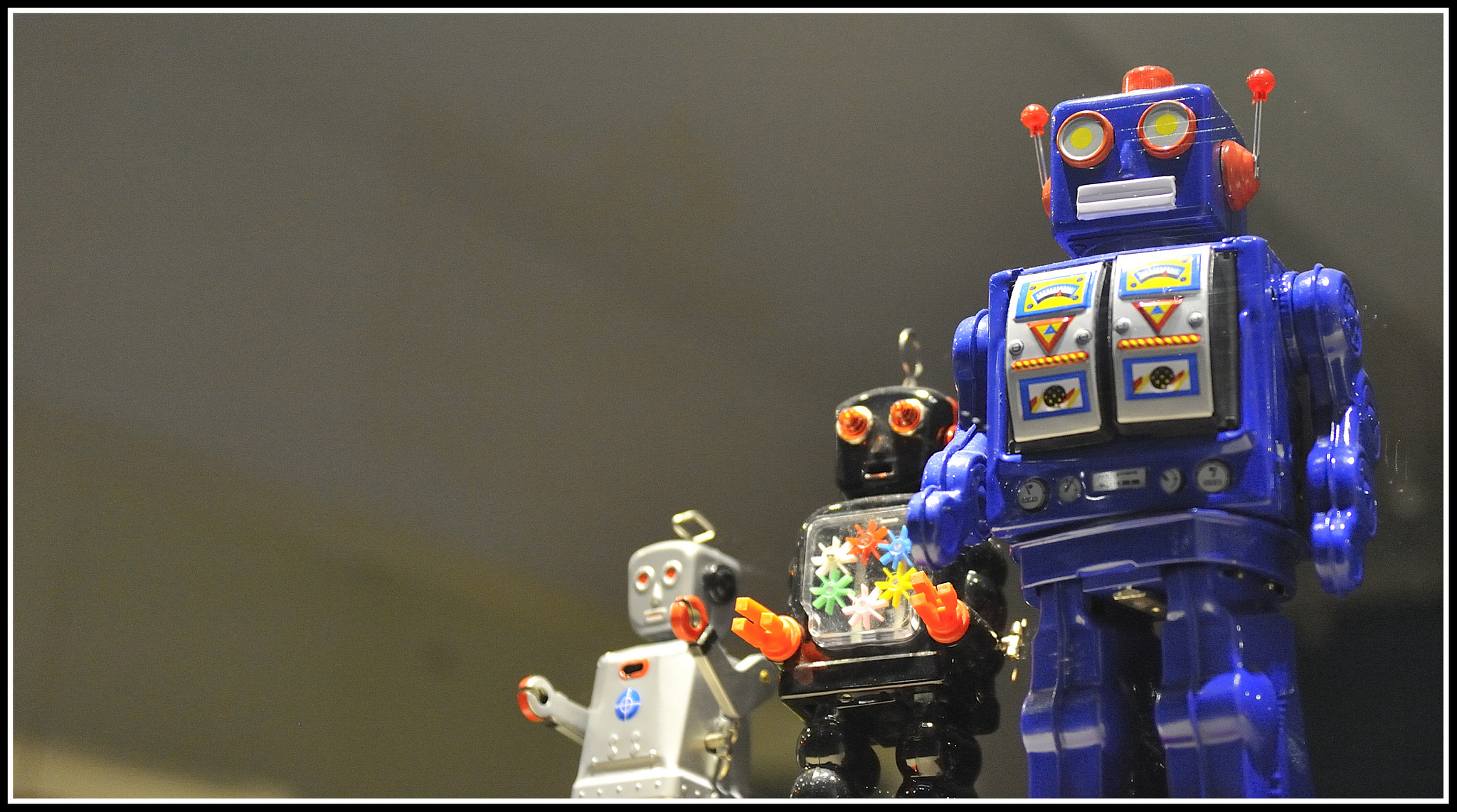AI is a big thing this year. First, bots are becoming widely available. Then there’s also that Google is implementing new AI into their search roll call -enter RankBrain. The system uses a deep learning system to better categorize sites over time. Change is in the air! But what changes, and why?
SEO has been refining itself since forever. Content, backlinks, and other factors adjust with each announcement. The latest is a doozy. AI is gauging web design and content. See this massive Techcrunch article. Quite optimistic and informative. Care to guess what stands out the most, aside from the novelty of AI? Web creators must fall within predefined niches…and adhere to their conventions.
New Standards for Optimization
Google’s new system uses dynamic categorization. It essentially looks at combination of legitimacy and traffic. Then it assigns rank based off similarities with the monster sites. For instance, Google uses IGN’s site design and content as a benchmark for other video game sites. Ditto for Amazon and online retailers, WebMD and medicine sites, etc.
There are plenty of benefits to this new approach. Bad sites are found out, deemed irrelevant, etc. There are also some hang-ups too. RankBrain currently has a very simple system of classification. Multiple categories pose a specific issue. Google’s new system is still too rigid to accommodate websites with multiple focuses.
They can always write-in leeway for large encyclopedias like eHow or Wikipedia. Smaller sites, for the time being, escape notice. RankBrain may accommodate sites with diverse category trees…eventually. Right now sites cannot include multiple subjects without carrying a major theme. For instance, a site about electronics can easily cover anything about electronics. Branching into automobiles? That will hurt the site’s ranking. And yes, that site’s rank drops even if it’s about car electronics.
Creative Leeway

Thanks for the pic, Christian Schnettelker
Correct categorization is one thing. RankBrain is also considering other elements. For one, design and layout matter. Then there is also the question of topics. The truth is that RankBrain is encouraging conformity. To be fair, Google started encouraging conformity way back when. One merely needs to look at SEO content from a decade ago…it’s not the best written stuff.
Google’s current system creates an opportunity cost between efficiency and expression. For all its automation, their system is primitive. It uses precedence and necessitates conventional design. Artistry goes out the window in such a system. There is no room for originality. No room for new design. Going against the grain is suddenly a recipe for failure. There are layers of success, obviously. Again, RankBrain also discourages bad site design. But where is the room for parody? Where is the room for nuance? There is none.
RankBrain gives designers and writers one of two options: adhere or sink. There’s room for experimentation within these confines, of course. There always is. It’s increasingly narrow, however. Just as with their options, designers have two choices: conform or experiment. A site’s merit is not the real question. Rather, it is how easily it plugs in as a “good” site. RankBrain is the next evolution of this appraisal system.
Iterations and Improvements
Google is an enterprise. To suggest they don’t care about quality is stupid. The search engine is an arbiter of taste. Their entire reputation bases itself on tallying site visitations. People decide what they prefer but Google decides its legitimacy. The question lies in definition.
RankBrain is far from perfect. It is also a step in the right direction. The internet is too big to monitor. It is small enough to crawl through, however. The basic question becomes one of authenticity. Lower ranked sites are “bad.” Higher ranked sites are “good.” But how good is a repository like eHow? Or About? These sites gear themselves towards visitors by recycling information, retooling content, etc. Ditto for plenty of sites that focus on one subject. They are unoriginal. They are soul less.
Yet Google deems them “useful” because…their mill content is “authoritative.” Funny, as most of us recognize it as rehashed drivel from an encyclopedia or academic article. Google’s true crux is offering “convenience.” They care about user intuition but they also care about gullibility.
Every inaccurate or exploitative site they link towards is an indictment of their system, a contradiction to their brand. Google will doubtless improve RankBrain. For the time being? Web designers, writers, and browsers are between a rock and a hard place…with robots.
Pictures courtesy of Rog01 and Christian Schnettelker via the creative commons



